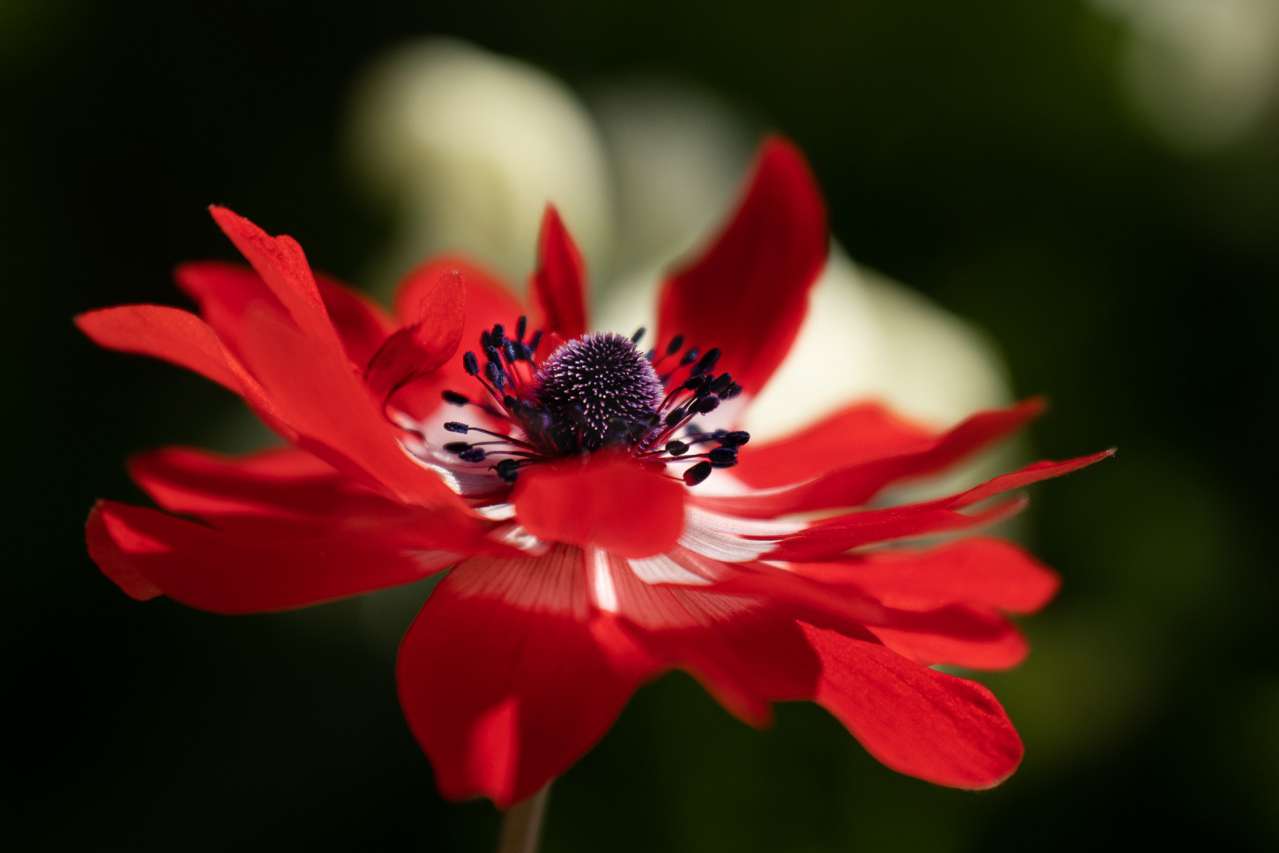Beautiful Flowers for the Garden: How to Grow Anemones
Caring for an anemone is very easy. In the fall, tubers are dug up and stored properly, and in the spring they are planted again in open ground. A place in the sun is suitable, but then follow the watering, the earth should not dry out. Anemone can grow in partial shade.
How to plant anemones
Before planting, the tubers must first be awakened. To do this, planting material is placed in warm water until it swells. The tubers are then placed in pots filled with a moistened combination of peat and sand, which must be sprayed periodically with water.
All these anemones reproduce by sowing seeds. It is best to sow them before winter in the ground, but it is also possible in the spring, with preliminary cold stratification. Seeds usually germinate in 2-3 weeks. Seedlings develop quite quickly, bloom, as a rule, in the second year.
A place in the sun is suitable, but then follow the watering, the earth should not dry out. Anemone can grow in partial shade. The soil should be fertile, not dry, but well-drained. It is recommended to add ordinary sand to the ground.
Planting and caring for anemones
Flowering: spring, summer or autumn - depending on the species. Lighting: for forest species - partial shade, for the Mediterranean - bright sunlight. Soil: loose, fertile, (sandy or peaty) better neutral. Watering: only in dry times and during flowering.

How to fertilize anemones
Anemones are fed only during flowering, using mineral fertilizers for this. You can do without top dressing if you fertilize the soil before planting. The most demanding for top dressing is the hybrid anemone. In addition to mineral fertilizers, it also needs organic (compost, humus).
How do anemones hibernate
Anemones are not dug up for the winter - these plants remain in the ground, winter well in garden beds, but require the construction of additional shelter in harsh winters. Flowerbeds with rhizomatous anemones are covered with fallen leaves, hay, special films, snow.
